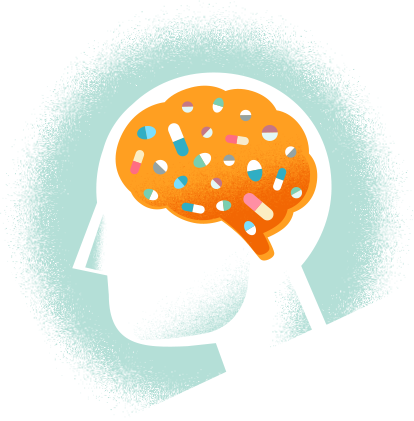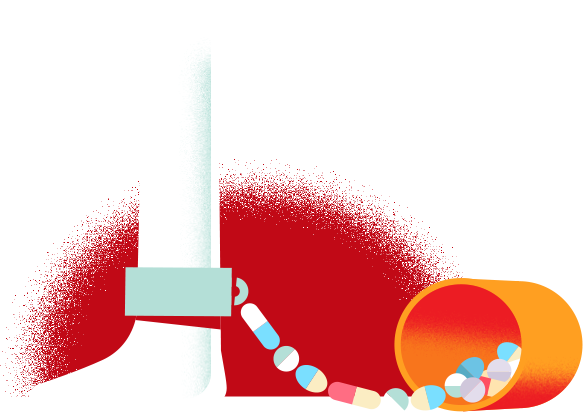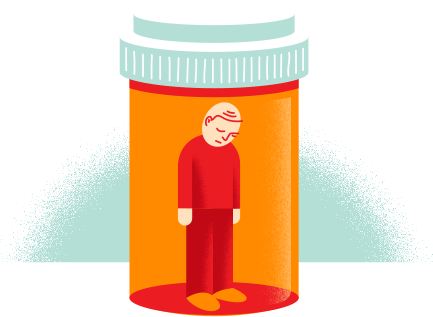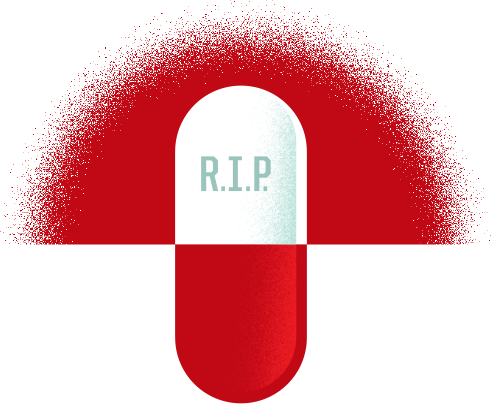Do your part
To stop the opidemic
Be smart. Your actions can make a big difference.Know the risks
Opioids affect the brain and body. In addition to constipation, nausea, and dizziness, other adverse health concerns include.Slowed breathing (sign of an overdose), can lead to coma, permanent brain damage, or death.
Opioids should not be combined with alcohol or other medications, such as benzodiazepines, without talking to a doctor or pharmacist.
Tolerance

Long-term use of prescription opioids, even as prescribed, can lead to tolerance. This means a higher and/or more frequent dose is needed to get the desired effect.
Dependency
Opioids trigger a release of chemicals in the brain that reduce the perception of pain. The brain may become accustomed to the heightened stimulation, demanding the unnatural levels to dull pain and feel pleasure, even when people take the drug as prescribed.

Addiction

Addiction is characterized by compulsive use despite harmful consequences. The craving to get high and/or avoid withdrawal leads to drug abuse, taking higher or more frequent doses than prescribed. Ultimately, people may turn to crime or illicit drugs, like heroin, to feed their addiction.
Overdose
Opioids depress the part of the brain that controls breathing and alertness. Too many opioids can cause a person to stop breathing and die. Opioids may be perceived as safe because they are prescribed by a doctor. However, these are risky substances. If you or your loved one is taking opioids, know the signs of an overdose and what to do.
